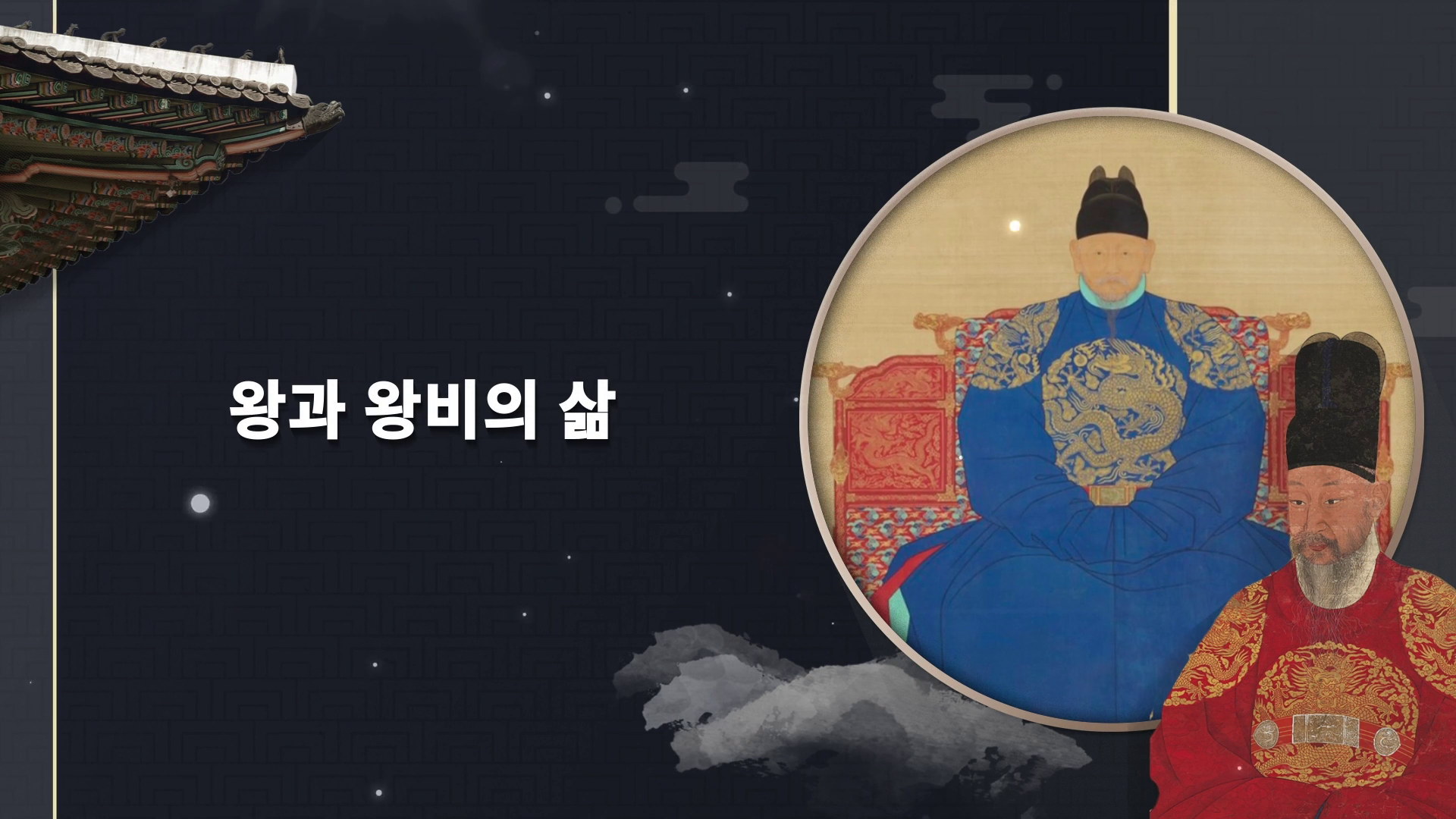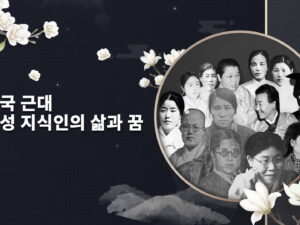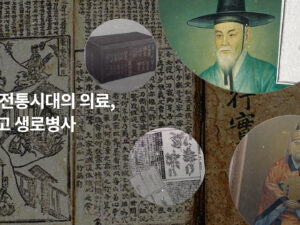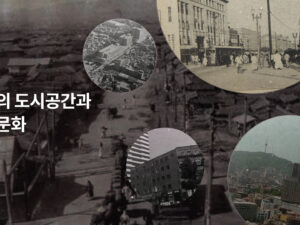Introduction to Global Korean History: Lives of Kings and Queens
- Description
- Curriculum
- Notice

Course Introduction
This course covers the order and system of the monarchical state of Joseon by examining the lives of kings and queens of the Joseon Dynasty. In doing so, students will understand the universal characteristics of kings and kingship in Confucian monarchies and comprehend the symbolism and meaning of kings and queens in Joseon from a specific and historical perspective.
Course Structure
This course consists of a total of 10 weeks. Each week’s lecture consists of 3 to 5 videos according to the theme of the lecture each week. Non-video learning components such as quizzes and supplementary reading materials are provided to help learners to organize and review the course. Students are required to watch the weekly lecture videos and complete the learning activities to be credited for the course requirements each week.
Subtitles
Korean, English, Chinese
-
11-1. Lives of Kings and Queens during the Joseon Dynasty
-
21-2. Understanding the Meaning of Monarchy (1): Terms Related to Kings
-
31-3. Understanding the Meaning of Monarchy (2): Comparison between Monarchies and Democracies
-
41-4. Understanding the Meaning of Monarchy (3): Comparison between the Monarchies of the East and the West (1)
-
51-5. Understanding the Meaning of Monarchy (3): Comparison between the Monarchies of the East and the West (2)
-
215-1. Power and Authority of the Kings of Joseon
-
225-2. Authority of the King as a Confucian Ruler
-
235-3. Daily Routine and Tasks of a King (1): Looking in on the Elders of the Royal Family
-
245-4. Daily Routine and Tasks of a King (2): Attending the Royal Lecture
-
255-5. Daily Routine and Tasks of a King (3): Court-Assembly
-
317-1. Benevolent Governance and a Tax Reform: King Sejong’s Difficulties (1)
-
327-2. Benevolent Governance and a Tax Reform: King Sejong’s Difficulties (2)
-
337-3. Difficulties in Collecting Defense Tax: Traps of Benevolent Governance (1)
-
347-4. Difficulties in Collecting Defense Tax: Traps of Benevolent Governance (2)
Jeanhyoung Soh
Jeanhyoung Soh specializes in the history of political thoughts in East Asia and is currently a senior researcher at the Institute of Humanities, Seoul National University. His research interests include the translation, circulation, and transformation of knowledge between Europe and East Asia in the 17th to 19th centuries and their historical significance.










